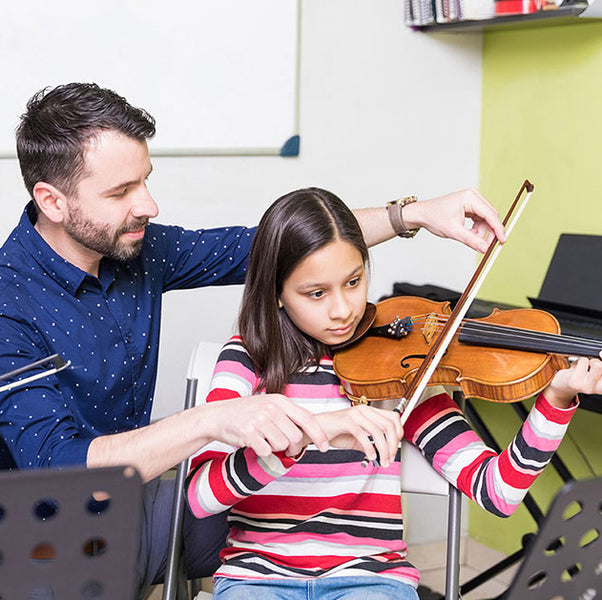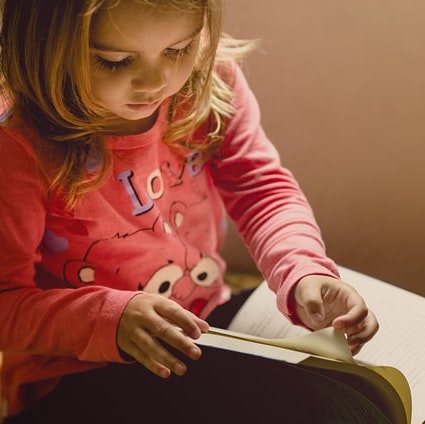Research -- StepUp to Learn
Evidence Dyslexia Affects Children's Visual Processing Beyond Just Reading
Children with dyslexia are slower to process visual information, according to new research that sheds new light on which brain processes are affected by dyslexia beyond just reading ability.
Team Finds Brain Mechanism that Automatically Links Objects in our Minds
Scientists map the part of the brain that "links" similar objects, leading to new insights about how the brain processes information out of context.
High Risk of Dyslexia? Self-Confidence is Key
Confidence in their own abilities can help kids overcome difficulties with dyslexia.
Puzzle Play Helps Boost Math Skills
Researchers have found that children who played with puzzles at a young age later perform better on tasks utilizing spatial skills.
Infants Capable of Complex Babble May Grow into Stronger Readers
Infants' early speech production may predict their later literacy, according to a study from Florida State University.
Blink! The Link Between Aerobic Fitness and Cognition
Researchers have found evidence that spontaneous eye blink activity, which reflects activity in the dopaminergic system, explains the connection between fitness and cognitive function.
We Hear What We Want to Hear
New findings on the importance of anticipation in brain organization, specifically in auditory processing.
Strong links between music and math, reading achievement
A music educator thought he could disprove the notion of a link between students’ musical and mathematical achievement. He was wrong.
Reading Through a Visual Dictionary in the Brain
Scientists have now identified a crucial region in the temporal lobe, know as the mid-fusiform cortex, which appears to act as the brain's visual dictionary.
Preschoolers Can’t See the Mountains for the Cat
Even when told to pay attention to the mountain in this photo, preschool children focus so much on the cat that they won’t later recognize the same mountain. Why?
Less than Ideal Start in Life: What Next?
The early talk and communication that children experience when very young, though essential in preparing them for school, has no direct impact on their reading and writing skills by age 11.
Humans are Born with Brains 'Prewired' to See Words
Humans are born with a part of the brain that is prewired to be receptive to seeing words and letters, setting the stage at birth for people to learn how to read, a new study suggests.












